Keywords: Criminal Justice
-

INTERNATIONAL
Even if all of the families that have been coldly, clinically, 'legally' torn apart can be reunited, much of the damage done is likely irreparable. Social workers and scientists have spoken out on the permanent damage inflicted on children separated from their parents. But who will speak on the scar left on the national conscience?
READ MORE 
-
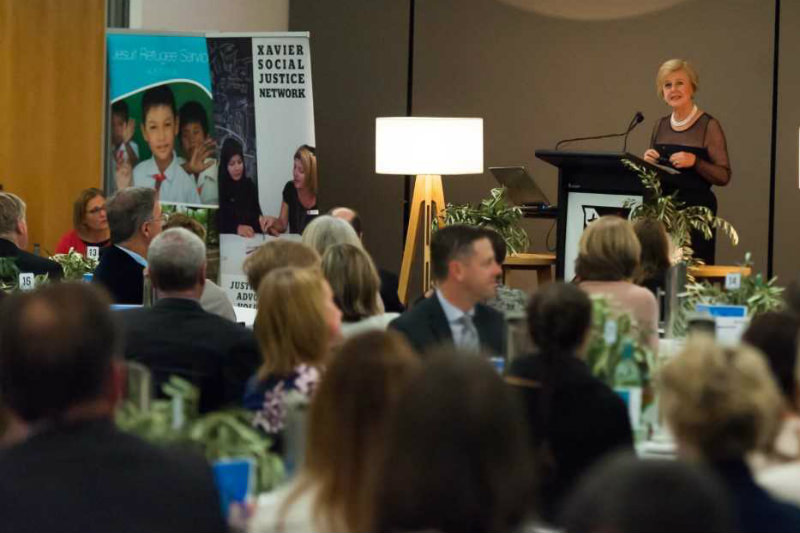
AUSTRALIA
- Andrew Hamilton
- 13 June 2018
16 Comments
In the 1930s a Jewish Australian was trying to bring to Australia a Jewish family who were in grave danger in Austria. Asked by immigration what made him want to bring the family of his daughter's pen friend, none of whom he had ever met, he replied, 'Common compassion.' The family could not come, and most were later killed.
READ MORE 
-
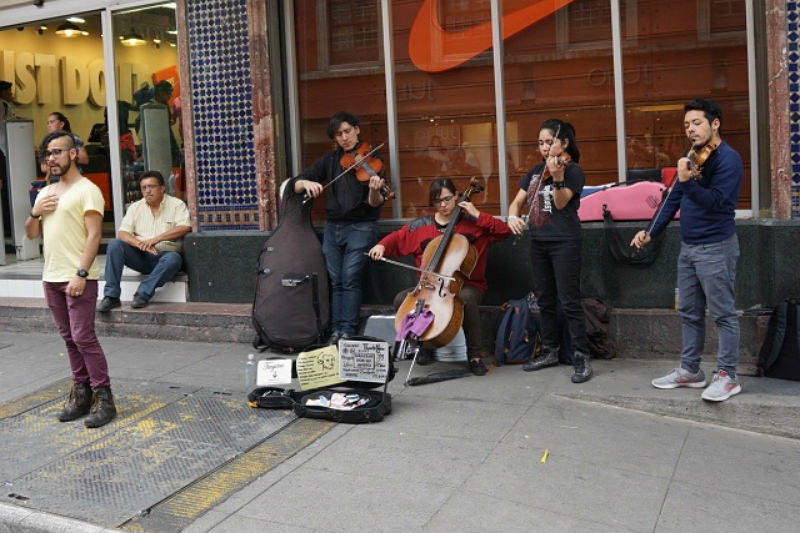
INTERNATIONAL
- Antonio Castillo
- 31 May 2018
7 Comments
In Mexico, every two hours a person vanishes. Most likely they are executed and thrown into narco-fosas, the term given to the thousands of clandestine graves used by narco-organised crime to bury their victims. Most of the victims are young. More than 46,000 young people were killed between 2007 and 2016.
READ MORE 
-
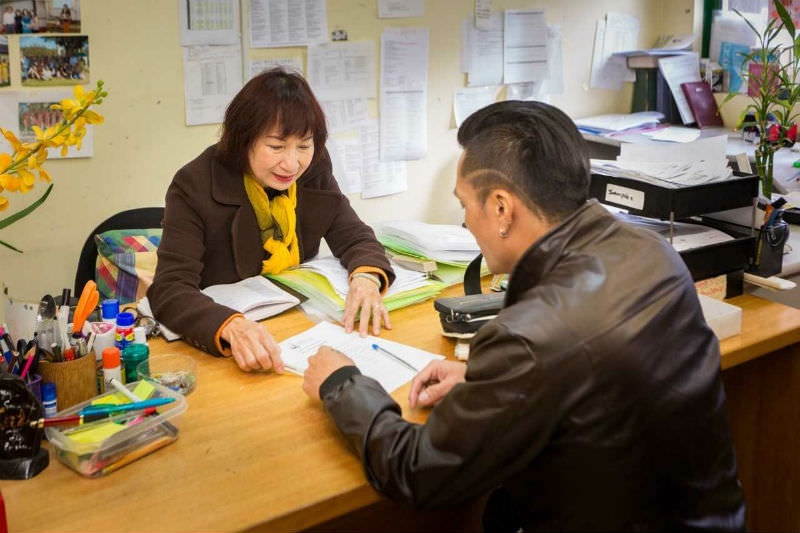
AUSTRALIA
- Julie Edwards
- 10 May 2018
6 Comments
The budget includes a range of tax cuts for many Australian workers and some funding for education and early childhood services but fails to address the ever-growing inequality across the country. Simply put, it is those in the greatest need of support who have yet again been left behind.
READ MORE 
-
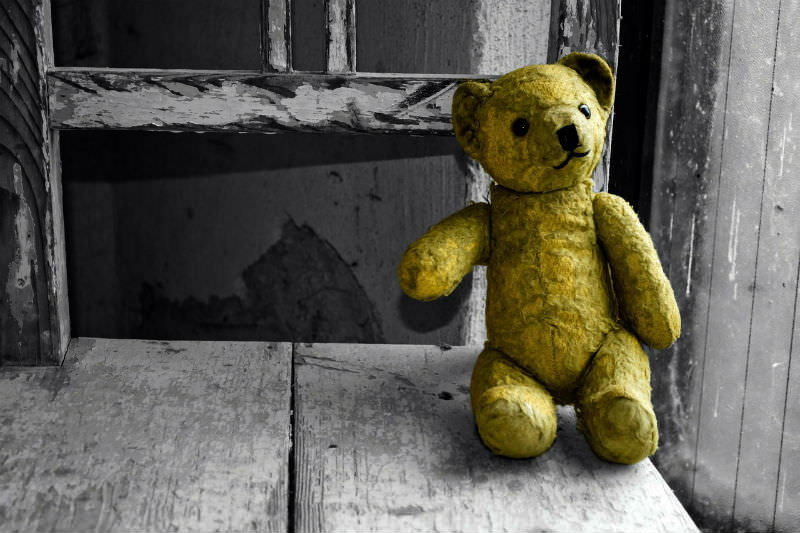
RELIGION
- Craig Hughes-Cashmore
- 05 April 2018
10 Comments
Redress is not compensation. It is about acknowledging the harm caused and supporting people who have experienced child sexual abuse in an institution to move forward positively in the way that is best for them.
READ MORE 
-
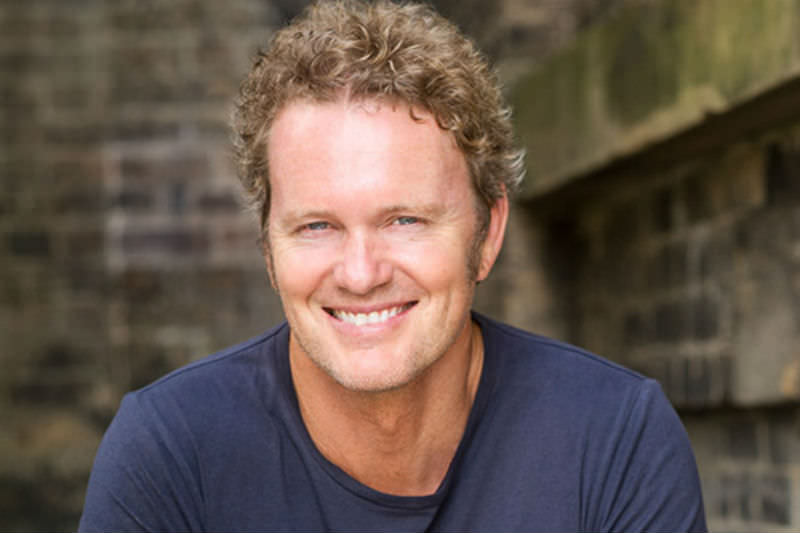
AUSTRALIA
- Kate Galloway
- 16 January 2018
15 Comments
Many claim it is inappropriate for media to report these stories. The concept of justice at law depends upon systems designed to weigh evidence, affording the parties the opportunity to tell their stories. But what if these systems are inadequate to expose the abuses of power evident in the recent disclosures?
READ MORE 
-
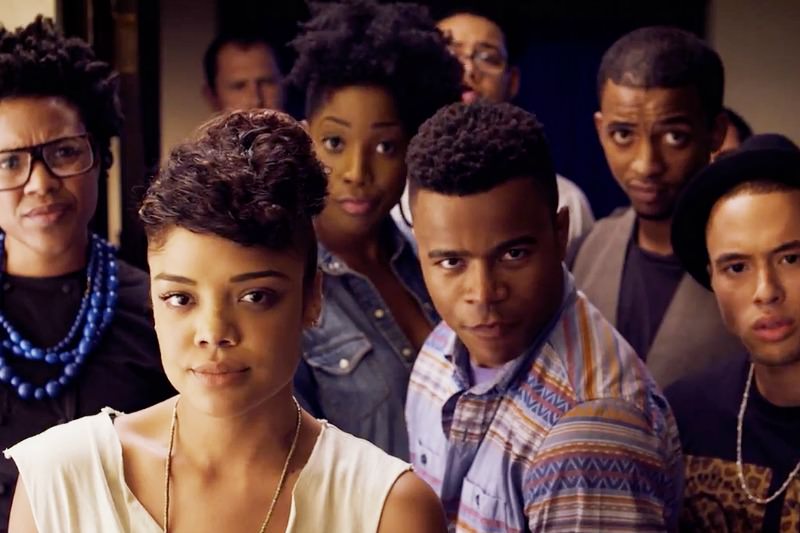
AUSTRALIA
- Sonia Nair
- 10 January 2018
5 Comments
I hung out with a group of Indian-Australians while I was a university student who called themselves 'curries', but the unspoken camaraderie that ensued from this self-identification stood in stark contrast to that time I was called a 'f***ing curry' by a passing car full of white people.
READ MORE 
-
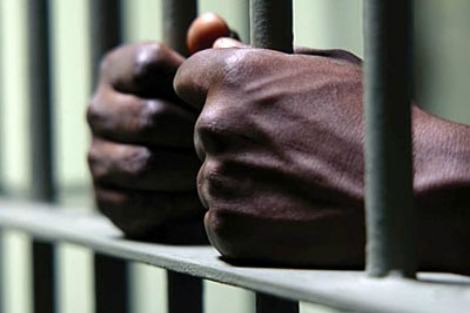
AUSTRALIA
- Kate Galloway
- 09 January 2018
The inquiry into Indigenous incarceration in Australia recognises and validates widely held concerns. On the other hand, it also represents the abject failure of successive governments around the country to pay heed to what we do know about the incarceration of Aboriginal and Torres Strait Islander Australians.
READ MORE 
-
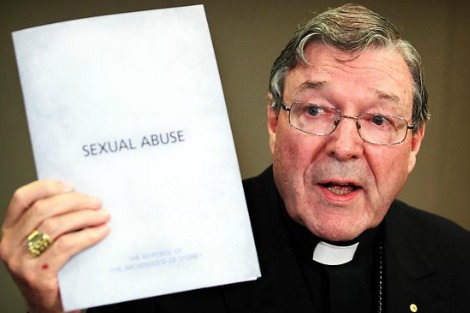
RELIGION
- Frank Brennan
- 08 January 2018
13 Comments
The statistics were horrifying. Every case represented a person who claims as a child to have been abused by a person of authority in a Catholic institution. Whichever way the statistics are interpreted in comparison with other institutions, they are appalling. We need to hold the victims clearly in focus.
READ MORE 
-
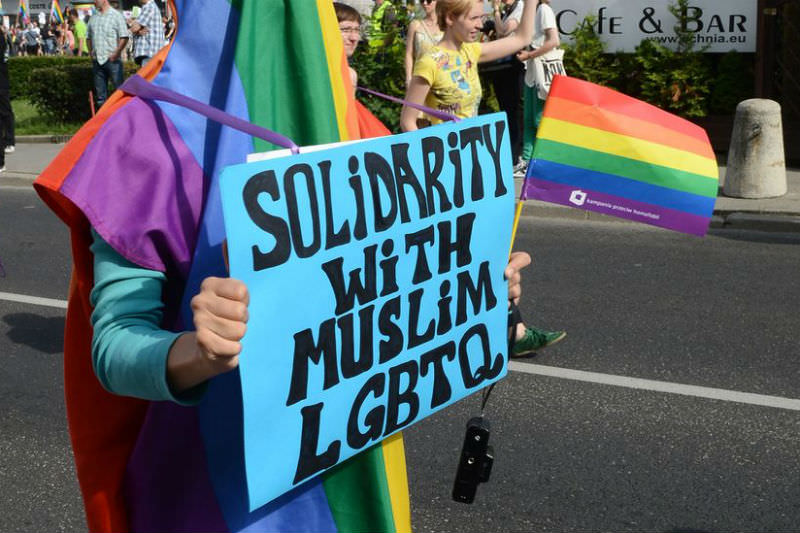
AUSTRALIA
- Irfan Yusuf
- 17 November 2017
17 Comments
During the month of Muharram, the No message was being handed out at mosques and spoken from the pulpits. Yet many Muslims voted Yes not because we wanted to reinvent the Islamic idea of marriage, but because the scriptures teach that we should stand up for justice even if it goes against our families and ourselves.
READ MORE 
-

INTERNATIONAL
- Justin Glyn
- 06 October 2017
7 Comments
In this time of austerity I am pleased and proud that Our Glorious Leader has decided to curtail the luxuries which we had formerly enjoyed ... for our own good, of course. I refer, of course, to our rapidly diminishing pool of civil liberties.
READ MORE 
-
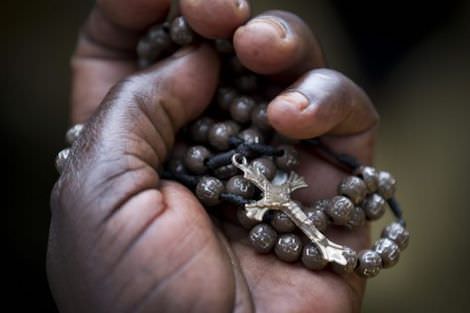
AUSTRALIA
- Frank Brennan
- 20 August 2017
23 Comments
The Royal Commission into Institutional Responses to Child Sexual Abuse has published a 2000-page three volume Criminal Justice Report. One of its recommendations is that the states and territories 'create a criminal offence of failure to report targeted at child sexual abuse in an institutional context'.
READ MORE 